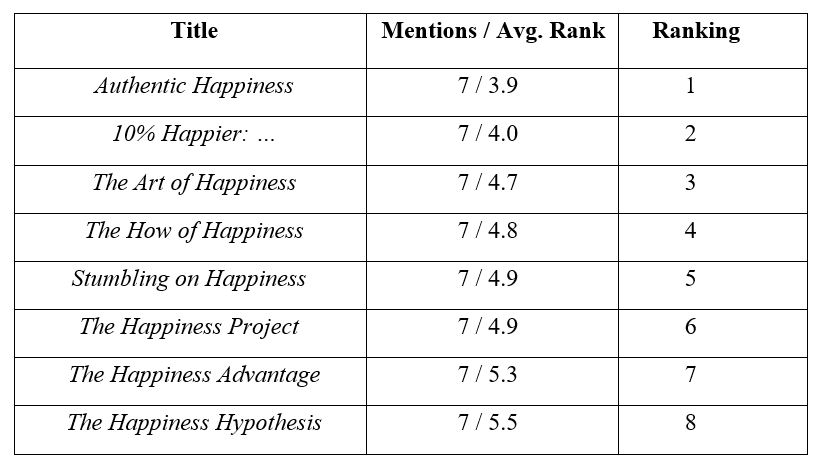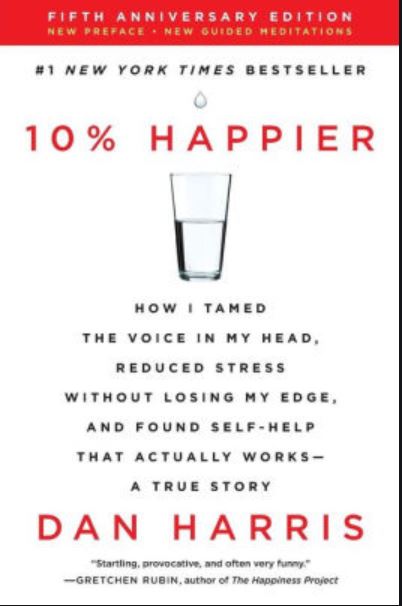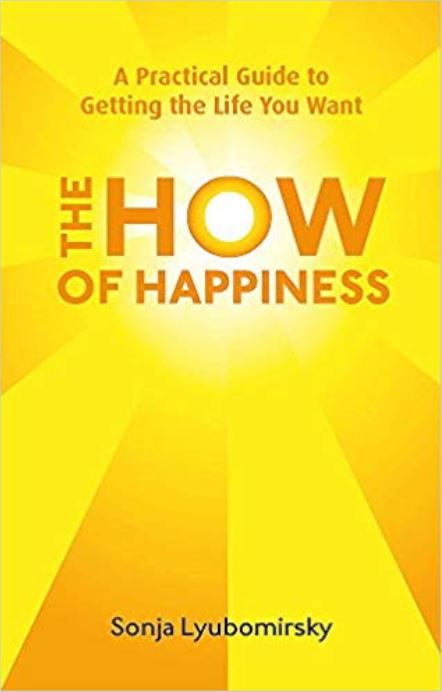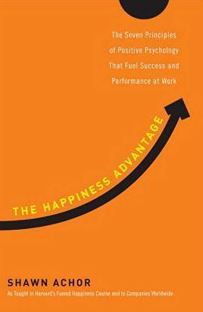I chose the eight books below based on a Google search analysis of the most popular books on happiness. I referenced top website results from the search term “happiness books”. Then I compiled the results from the highest ranking sites which included book reviews, recommendation, and rankings. I tracked the average ranking and the amount of times each title was featured. The popularity results are shown below.

[WATCH] or continue reading…
30-Second Summaries
Authentic Happiness – We improve happiness by changing feelings about the past: let go of dogma, cultivate gratitude, and forgive others. We improve happiness by altering feelings about the future: train optimism and dispute negative thoughts. Finally, we improve happiness by altering feelings about the present: focus on contentedness and gratification instead of just pleasure. We achieve gratification and meaning by harnessing our signature strengths in service of something greater than ourselves. The pleasant life (positive emotions), good life (gratification from using strengths), and meaningful life (purpose in serving something larger) come together to form the full life: the happy life.
10% Happier: … – Stripping away all the eccentricities of the west and mysterious elements of the east, meditation is just the practice of cultivating awareness of the present and of our internal conditions. It may not be a divine be-all-end-all; however, consistent practice is a path to greater capacity for mindfulness. That improves self-control, stability, contentment, and grace. Additionally, to promote wellbeing, practice non-attachment (enlightened self-interest), accept the truth of suffering, and avoid multitasking.
The Art of Happiness – There is a wealth of common-ground to be found in dialogues between East and West as shown in discussions between the Dalai Lama and psychologist, Howard Cutler. Drawing on the Buddhist idea that all living beings seek to end suffering, we see that happiness is the purpose of life. This happiness is much more dependent on internal than external conditions. It can be cultivated using a simple, systematic approach: pay attention to things that make you happy or unhappy. Promote the former. Eliminate the latter. Cultivating the fundamental compassion underlying human nature will lead to a wellspring of sustainable joy.
The How of Happiness:… – Happiness is 50% genetic set-point, 10% external, and 40% intentional activity, so it makes sense to focus on the variable that we can control – intention. (Note these percentages have been revised in the last few years.) To grow happier don’t try to change your genes or start a new life. Change what you do and how you think. On the importance of happiness, happier people show higher levels of sociability, charitability, cooperativeness, flexibility, success in love-life, health, and leadership ability.




Stumbling on Happiness – We can’t accurately predict what leads us to be happy because the imagination struggles with detail, exhibits a too-similar-to-the-present bias, and fails to account for our ability to rationalize and cope. This last ability leads us humans to have a psychological immune system which maintains happiness levels. The last point is crucial to understanding happiness – we subconsciously believe what makes us feel better and subconsciously ignore what makes us feel worse. This creates a sort of happiness homeostasis.
The Happiness Project – We ought to ask “what do we want from life anyway?” and begin to take action. Insights can be found in philosophy, science, and, above all, real-world experience. By implementing goals, resolutions, and an accountability framework, such as a monthly practice goal, we can improve parts of our lives and thus change our lives for the better without any drastic life changes.
The Happiness Advantage – We tend to think of the relationship between happiness and success as success leads to happiness. Modern research actually finds the opposite. Happiness comes first. Happier individuals show superior creativity, motivation, productivity, etc. Don’t prioritize success to find happiness. Prioritize happiness to find success. With positive psychology principles – conditioning, mindset, persistence, regaining control, habit modification, and social investment – we can improve our happiness (and thus improve our odds of success).
The Happiness Hypothesis – The seemingly infinite wisdom available today regarding happiness and the human condition can be consolidated into a top ten list from history’s greatest minds. This list touches on the divided-self which refers to the internal tension between our instinct and reason, our ability to transform the mind through therapy and meditation, the intricacy of our relationships (Golden Rule), our bias towards seeing faults in others and overlooking our own, the fact that happiness depends on the internal and the external, the importance of both love and adversity, and the power of virtue. Finally, we conclude that happiness emerges as the balanced harmony between all of these forces at play in the human experience.




References
Achor, Shawn. The Happiness Advantage: How a Positive Brain Fuels Success in Work and Life. Currency, 2018.
Cutler, Howard C. and Dalai Lama. The Art of Happiness: a Handbook for Living. Riverhead Books, 2009.
Gilbert, Daniel. Stumbling on Happiness. Harper Perennial, 2007.
Harris, Dan. 10% Happier: How I Tamed the Voice in My Head, Reduced Stress without Losing My Edge, and Found Self-Help That Actually Works — a True Story. Dey St., an Imprint of William Morrow, 2019.
Haidt, Jonathan. The Happiness Hypothesis: Putting Ancient Wisdom to the Test of Modern Science. Cornerstone Digital, 2015.
Lyubomirsky, Sonja. The How of Happiness: a Practical Guide to Getting the Life You Want. Piatkus, 2013.
Rubin, G. The Happiness Project. HarperCollins, 2015.

